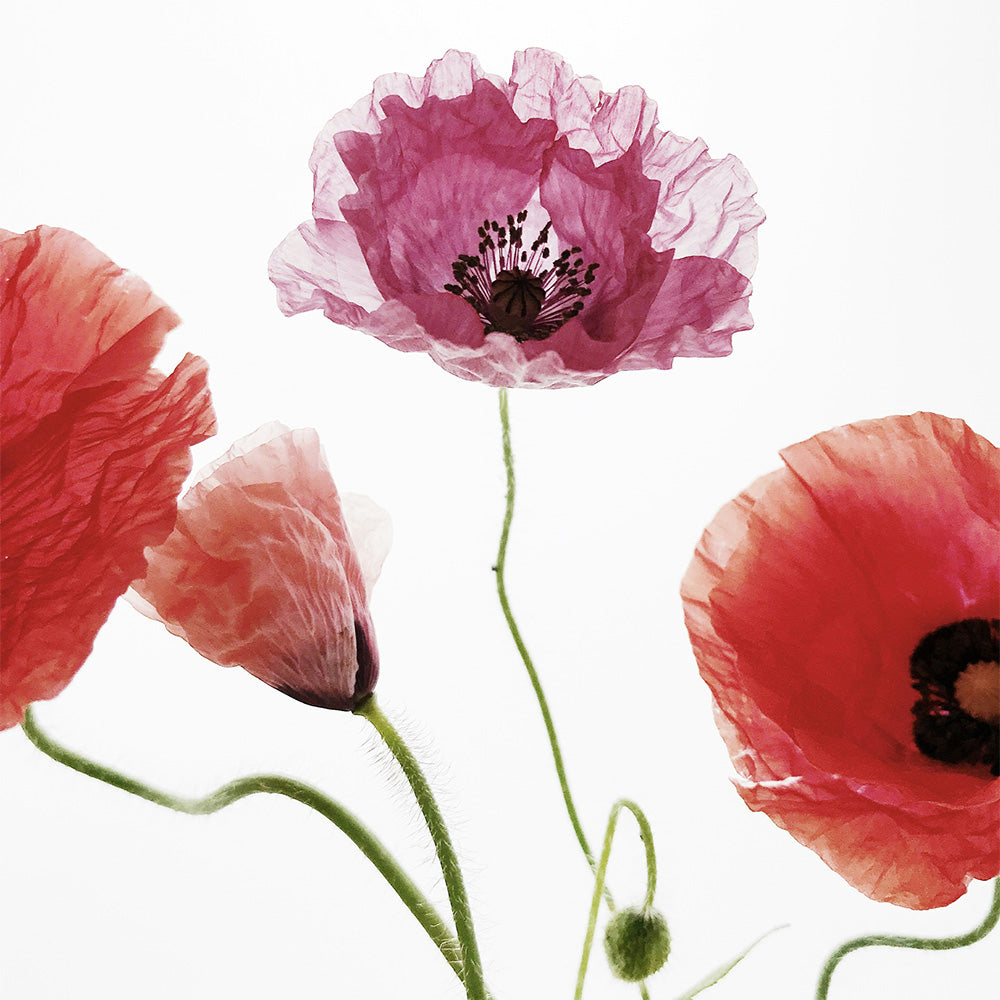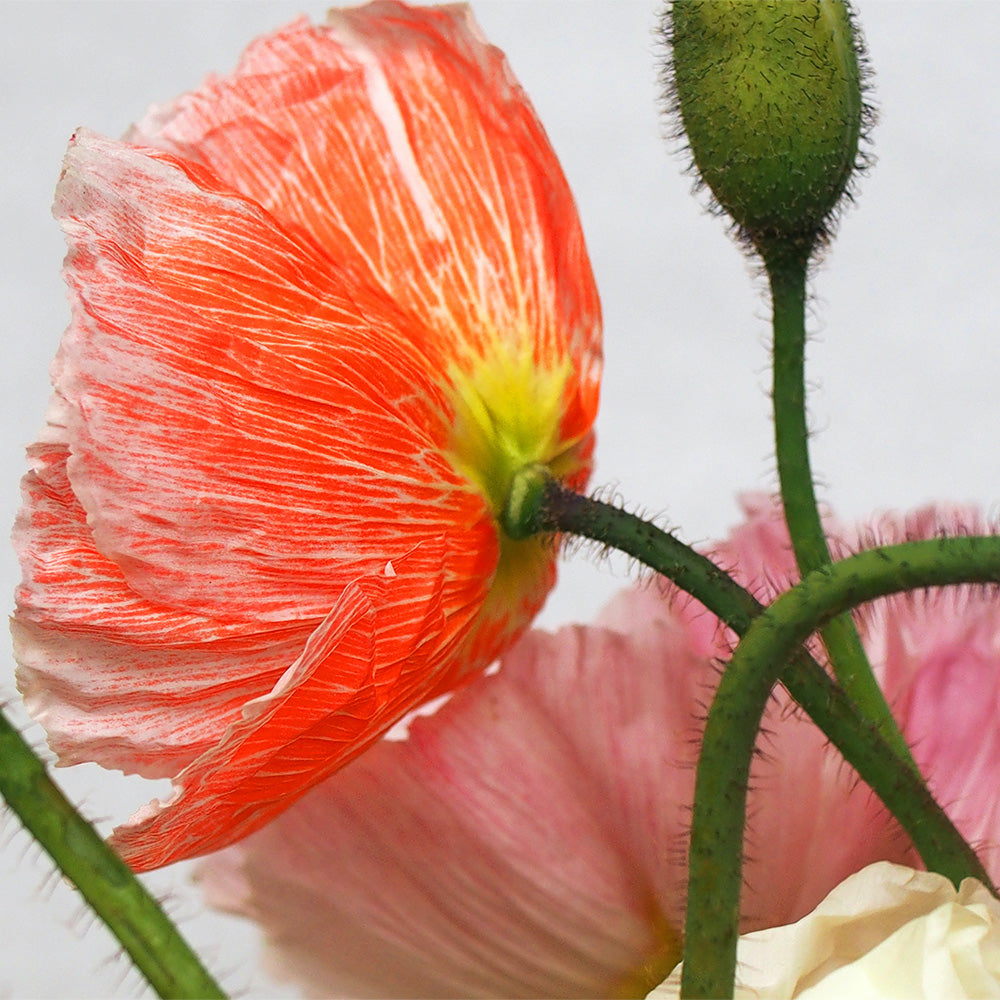
Conquering Your Stress: Remarkably Simple Ways You Can Relax
We all experience stress, it's a natural response that helps us address challenges and threats in our lives. The way we respond to stress, however, makes a big difference to our overall well-being. Turn's out, a bit of self-compassion helps too – as is taking time away from constant doom-scrolling to connect with friends and get your blood moving.
In this post, we'll dive into the world of stress and uncover the science behind it. We'll also share some simple yet effective ways to relax, even under pressure.
Understanding Stress
You are stuck in traffic on the way to an important meeting for which you are wholly unprepared. You’ve hardly slept a wink. Horns are blaring and as far as the eye can see the tops of cars are shining in the morning heat. Do you slam on your horn? Call your coworker to vent? Shout and scream? How you deal with such a situation is a question of how you manage stress.
British philosopher Alain de Botton said, “Frustration is born of the collision of a wish with an unyielding reality.” This is beautifully put, and would remain true if frustration was replaced with the word stress. Stress is a state of mental tension caused by situations that are difficult, complex, and unwanted. Without relief, stress reliably leads to unhappiness. Yet because of the intimate linkage between mind and body, the effects of stress are not only psychological, but physiological, too.
The Impact of Chronic Stress
The physical stress-response evolved to spring us into action when threatening situations arise. Heart-rate goes up, bronchioles dilate, digestion slows, and adrenaline and cortisol are released into the bloodstream. In small doses, this is quite useful, helping us to fight or flee from danger. Yet when stress is prolonged and becomes chronic, the effect on the body can be devastating.
Research shows that chronic stress is linked to inflammation, headaches, weight gain or loss, and heart disease. It can increase blood pressure, as well as susceptibility to cancer and stroke. Lastly, it plays a central role in the mental health epidemic that is sweeping across the modern world.
This is not to stress you out. Yet, it's crucial to understand the impact stress can have in order to know why you should avoid it or manage it better. Now that we have a deeper understanding of this overworked survival mechanism, let’s discuss ways of managing stress that better promote balance and health.
Managing Stress: X Practices that Bring Balance
Movement is Key
Like trauma, stress gets stored in the body. Engaging in regular physical movement has been proven to be an effective way to reduce stress levels and improve mood. You can experiment with intense cardio or weight training and see which makes you feel better. When you exercise, your body releases endorphins, natural mood boosters, which reduce the stress-hormone cortisol, too.
When in Doubt, Cry it Out
Our culture teaches us to have a stiff upper lip, bottle everything up, keep on pushing, even if we are way past our limits. While this attitude may be good for efficiency in the short term, by suppressing our emotions—those messages from the body that something needs to change—we lose our ability to discern when an environment, or a pattern of behavior, is toxic. As you can probably sense by looking around you, a society whose members cannot separate healthy from unhealthy will not prove very efficient in the long term.
Though typically-feminine traits are often associated with weakness, I would like to set the record straight: Crying is a super power; vulnerability requires strength; and sensitivity is our compass back to health. And the science backs this up. In a meta-study with almost 7,000 participants, repressive coping patterns correlated highly with a weakened immune system, cardiovascular disease, and cancer. If bottling things up doesn’t work, what happens when you let it out? In addition to flushing cortisol and other toxins from the body, crying releases endorphins and oxytocin, which combine to relieve pain, reduce stress, and improve mood. Most importantly, however, being in touch with our emotions nudges our choices in the direction of more wellness and away from harm.
The Power of a Balanced Diet in Reducing Stress
Aside from a cry there are other things do to feel better, like eating the right food. Early research suggests that certain foods like polyunsaturated fats including omega-3 fats and vegetables may help to regulate cortisol levels. A diet that includes foods rich in antioxidants, such as dark chocolate and green tea, can help combat stress by reducing oxidative stress and inflammation in the body. On the other hand, it is important to avoid excessive caffeine and sugar, as they can disrupt cortisol levels and promote feelings of restlessness. By making thoughtful dietary choices you can support your body's stress response and improve your overall well-being.
Foods that Help in Beating Stress and Anxiety
Incorporate foods rich in magnesium, such as leafy greens and nuts, to relax muscles and reduce anxiety. Including probiotic-rich foods, such as yogurt or sauerkraut, supports a healthy gut-brain connection, reducing anxiety too. You know how you pass out after a Thanksgiving meal? That’s the tryptophan talking. It’s in turkey and pumpkin seeds too, which aid in serotonin production for relaxation.
Chinese Herbal Medicine for Stress
There are many wonderful and also ancient Chinese herbal formulations for helping us chill out. They are grounding and nourishing and can lull us to sleep when the brain is a busy place. The herbs can recenter our minds have spun out into perhaps a bad neighborhood and brings us back home to peacefulness.
Reducing Screen time
Reducing screen time positively impacts mental health, reducing stress and anxiety. It allows for more meaningful connections, improves sleep quality, and promotes mindfulness.
One thing is clear: if we compare ourselves to other people on social media, we will be unhappy. There will always be someone more beautiful, or someone who makes more money and goes on more kick-ass vacations, but for the most part, everyone on social media is just lying about their lives. It’s like comparing yourself to a photoshopped image of a model. She does NOT look like that in real life. She probably has zits on her ass, but they don’t show that because zitty asses don’t sell things. There’s gobs of research about how detrimental social media is to the mental wellness of teenage girls. Guess what? You were a teenage girl not so so long ago. If you can access your inner child, let’s say your inner teenage girl is very nearby and does not love what Instagram is doing to you.
How Yoga and Meditation Contribute to Stress Relief
Now that you are planning to get off your screen after you finish this article let’s talk yoga and meditation. These practices have been shown to improve mental health and overall well-being. Yoga and meditation have the potential to lower blood pressure and decrease stress hormones, which can have a positive impact on stress management. Mindfulness, which is practiced during yoga and meditation, can also help manage anxiety symptoms. Additionally, the deep breathing techniques used in yoga and meditation can activate the parasympathetic nervous system, promoting a sense of calm. By incorporating these stress-relieving practices into your daily life, you can experience the benefits they offer for your mental and physical well-being.
Social Support: Its Role in Beating Stress and Anxiety
It’s nice to have friends, and having people you can rely on makes life much more lovely and greatly reduces your stress. When facing stress and anxiety, having a support system in place can make a significant difference in one's ability to navigate and overcome challenges. All very logical. Whether it's a close group of friends, family members, or a support group, having people who understand and empathize can provide comfort and reassurance. This network provides a space to vent frustrations, share concerns, and seek guidance. By fostering these connections and actively engaging with them, individuals can tap into the power of social support to reduce stress and anxiety.
Is it Important to Spend Time in Nature for Stress Relief?
Yes. Spending time in nature is crucial for stress relief. It has been proven to lower stress levels, reduce blood pressure, and calm the nervous system. Engaging in outdoor activities and taking breaks in green spaces can provide a much-needed escape from daily stressors. I know if I dress in warm enough clothes on a cool fall day and romp around in the woods with my dog, it’s pretty divine. By stepping into nature and away from screens, my eyes are free to wander and notice moss, ferns, or a babbling brook. I can smell the earth, and if I pause, there is silence, and then I hear the sounds of long reeds rustling in the wind and the wack of geese flying so low I can hear the flapping. Deep breaths in and out, and maybe I lay in a meadow, close my eyes, and my dog licks my face. There is even a term for this, forest bathing, and it turns out it’s great for you.
Even though I live near nature this is possible in urban centers too. Think of Central Park, so many nooks of peace and tranquility even in a city of millions!
Conquering stress requires some effort
We live in a tension-filled culture, and the demands on us as women are staggering; that said, we have to be our own mothers. That means we look out for our best interests, creating meals that make us feel special and loved, taking time out to do meditation or yoga, and pulling ourselves away from our ever-hypnotic screens. The world is imperfect, but when we begin to acknowledge our own needs and deem them as valid, we know we are worth the care and consideration it takes to unwind and be whole again, to destress.













